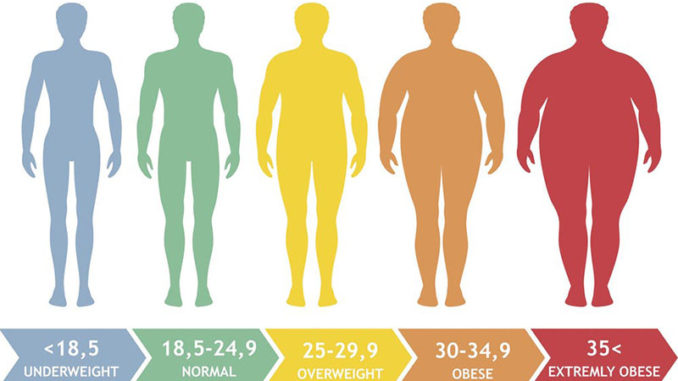Struggling with obesity can feel overwhelming, but the good news is that it’s never too late to take control of your health. With the right strategies, tools, and support, you can start losing weight today and work toward a healthier future. Whether you’re just starting out or exploring advanced options, this guide will provide a complete roadmap for effective obesity treatment.

Obesity is more than just excess weight; it’s a medical condition that increases the risk of chronic illnesses like diabetes, heart disease, and joint pain. Understanding your current health status is the first step toward addressing obesity effectively.
Body Mass Index (BMI) is a helpful indicator of whether your weight is in a healthy range. Use our BMI Calculator to find out where you stand:
Knowing your BMI can guide your weight loss journey and help determine if additional interventions are needed.
Starting your weight loss journey might feel daunting, but small steps lead to big changes. Here’s how to begin:
1. Set a Goal
Start with realistic and achievable weight loss goals, such as losing 5–10% of your body weight.
2. Focus on Nutrition
3. Stay Active
Engage in low-impact activities like walking, swimming, or cycling. Regular movement burns calories and boosts metabolism, even at a beginner’s level.
4. Seek Professional Support
Consulting with a healthcare provider or dietitian can provide personalized advice on how to lose weight sustainably.

The best way to start losing weight when obese is by combining healthy lifestyle changes with professional tools.
Consistency and patience are key as you build healthier habits over time.
For individuals struggling with severe obesity, where diet and exercise alone haven’t been effective, medical options provide additional solutions to achieve significant weight loss.
For individuals with a BMI of 40 or higher—or 35 and above with obesity-related conditions like diabetes or sleep apnea—bariatric surgery is often the most effective treatment. These procedures not only help reduce weight significantly but also improve or resolve many obesity-related health conditions.
If you’re unsure whether you’re a candidate for bariatric surgery, consult with our specialists for a comprehensive evaluation. Surgery is a significant decision, but for many, it’s the best path to improved health and lasting weight loss.
For women, maintaining a healthy BMI (18.5–24.9) is important for long-term health. Alongside BMI, height-weight charts for females can offer additional insights into a healthy weight range:
These tools can help you set realistic weight loss goals tailored to your height and body type.
Get an estimate of your Body Mass Index using our our BMI Calculator.
Losing weight is about more than just numbers on a scale—it’s about improving your health and quality of life. Here are key tips for success:
If you’re ready to take the first step in your obesity treatment, we’re here to help. From lifestyle coaching to advanced surgical options like Roux-en-Y Gastric Bypass, Sleeve Gastrectomy, and Duodenal Switch, we provide comprehensive support tailored to your needs.
Don’t wait—start losing weight today and take control of your health for a brighter, healthier future!
Schedule your FREE Consultation with world renowned and nation’s top Bariatric Surgeons Dr. Amit Taggar today.
-Disclaimer-
The information provided on this website is for educational and informational purposes only and is not intended as medical advice. Always consult with a qualified healthcare provider regarding any medical concerns, conditions, or treatment options. Individual results may vary. The services described are not intended to diagnose, treat, cure, or prevent any disease. Any medical procedure should be discussed thoroughly with a licensed professional before beginning treatment.

Dr. Amit Taggar is a board-certified, fellowship-trained bariatric surgeon and the founder of Tampa Weight Loss Institute. Recognized globally for his expertise in robotic weight loss surgery, Dr. Taggar specializes in Roux-en-Y gastric bypass, vertical sleeve gastrectomy, duodenal switch, and complex bariatric revisions. He has trained surgeons from around the world and performed live surgical demonstrations at major international conferences. Committed to empowering patients on their weight loss journey, Dr. Taggar emphasizes a comprehensive approach to long-term success, integrating advanced surgical techniques with personalized aftercare. At Tampa Weight Loss Institute, he leads a team dedicated to transforming lives through compassionate, patient-centered care.
